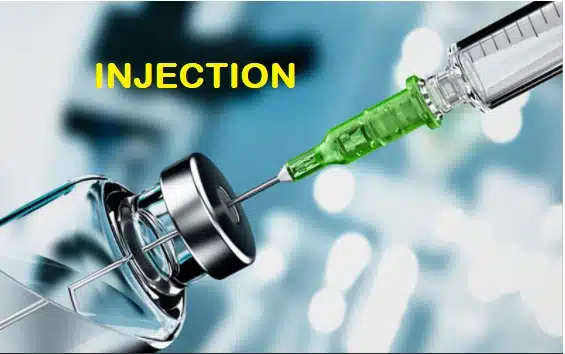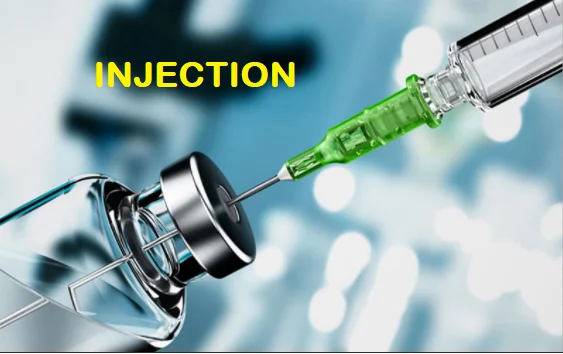What side effects are you having from getting vaxed?
Vaccine Common side effects can include:
- Pain on the leg or arm where the shot was given.
- Swollen lymph nodes.
- Irritability or crying.
- Sleepiness.
- Loss of appetite.
Possible Side Effects After Getting a COVID-19 Vaccine
Side effects after a COVID-19 vaccination tend to be mild, temporary, and like those experienced after routine vaccinations. They can vary across different age groups.
AGE GROUP 6 MONTHS–3 YEARS – Common side effects can include:
- Pain on the leg or arm where the shot was given
- Swollen lymph nodes
- Irritability or crying
- Sleepiness
- Loss of appetite
AGE GROUP 4–17 YEARS – Side effects are more common after the second dose and can include:
- Pain, swelling, and redness on the arm where the shot was given
- Tiredness
- Headache
- Muscle or joint pain
- Chills
- Swollen lymph nodes
AGE GROUP above 18 YEARS
On the arm where you got the shot:
- Pain
- Redness
- Swelling
Throughout the rest of your body:
- Tiredness
- Headache
- Muscle pain
- Chills
- Fever
- Nausea
After a second shot or booster
Reactions reported after getting a booster shot are similar to those after the two-dose or single-dose primary shots. Most side effects were mild to moderate.
The most commonly reported side effects were:
- Fever
- Headache
- Fatigue (tiredness)
- Pain at the injection site
Helpful tips to relieve side effects Adults
To relieve pain or swelling on the arm where you got the shot:
- Apply a clean, cool, wet washcloth over the area.
- Use or keep moving your arm.
- Also, if possible, get some rest.
To reduce discomfort from fever:
- Drink plenty of fluids,
- Dress in comfortable clothes,
- Talk to your doctor about taking over-the-counter (OTC) medicine, such as ibuprofen, acetaminophen, aspirin (only for people ages 18 years or older), or antihistamines.
- It is not recommended to take these medicines before vaccination to try to prevent side effects as it is not known how OTC medicines might affect how well the vaccine works.
Children
Ask your child’s healthcare provider for advice on using a non-aspirin pain reliever and learn about other steps you can take at home to comfort your child after vaccination.
Reference – Centers For Disease Control and Preventions (https://www.cdc.gov/)


